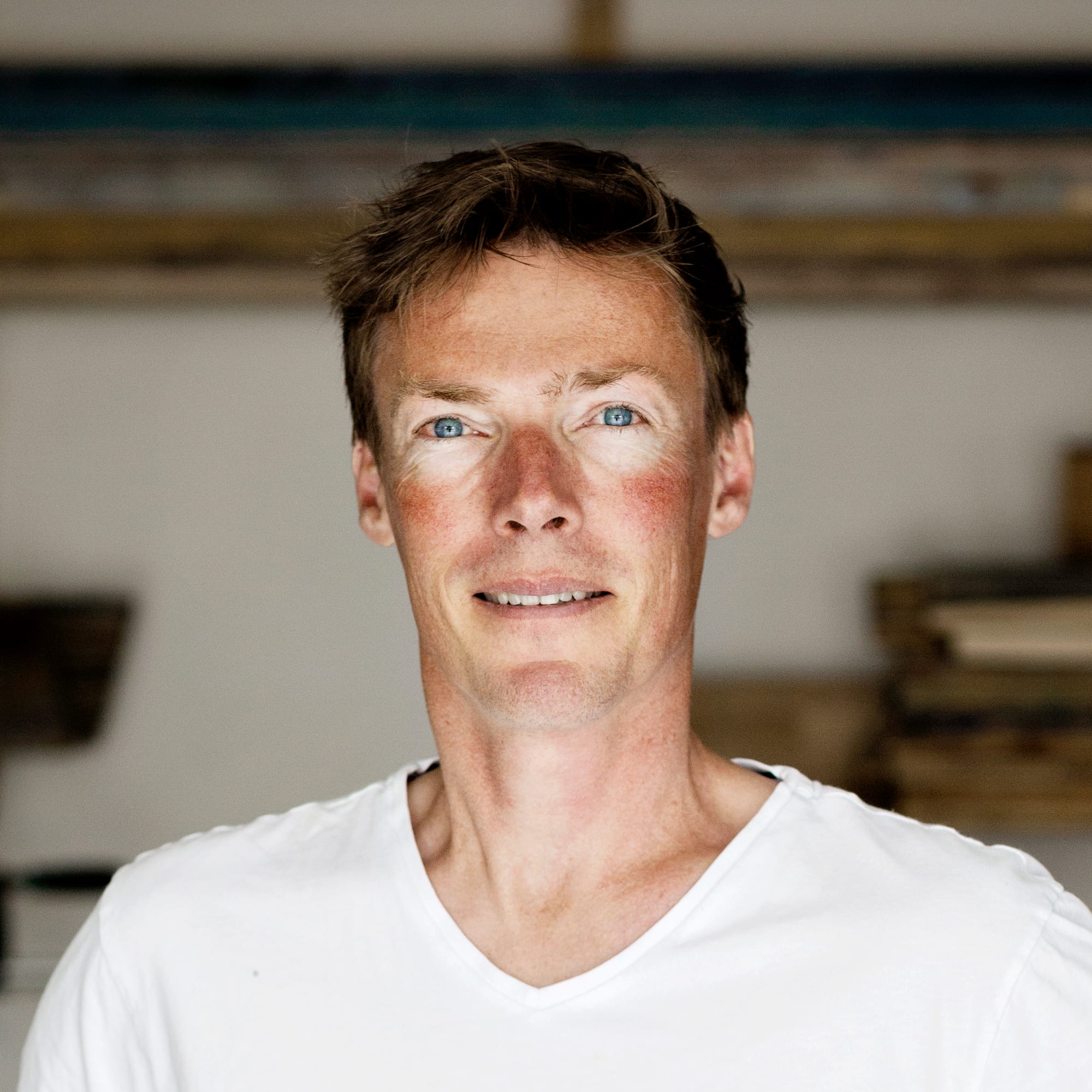No matter how many climate goals we boast about; how many solar cells and wind turbines we set out to put up we cannot hide the fact that we're still stuck in the happy Clinton mindset: borrow and spend, borrow and spend!
We have never succeeded in setting up our economy to make the green and more sustainable choices obvious. On the contrary: the right choices are often the least obvious. But that should not serve as an excuse not to make them.
On the other hand, everyone should learn a classic craft from scratch. There is just so much more status in custom products—and in being able to build and modify your own stuff. We don't create our own babies in a mold either; uniqueness is the future.
Regardless of whether you run a business, manage your private finances, or want to live a good life, is it worth going with the sustainable choices because they invariably give you lots of joy and good energy in return.
Here are the 7 simple sustainable principles I myself navigate by:
1. Stairs, not escalators
—including the bicycle rather than the car, the train rather than the plane, and the legs rather than the bus. Each of us can benefit greatly from burning off our excess calories. Conversely, there is no doubt that we should leave the majority of our collective savings (in the form of fossil fuels) in the ground for future generations.
2. Organic, not cheap
Quality trumps quantity at all times, not least when it comes to food and beverages. There is a reason why happy free range pigs cost a little more than the factory goods from Danish Crown. You become what you eat and I guarantee you do not want a body with a fat structure like a fast-growing Danish industrial pig. Incidentally, the soy used in the feed mixes is typically grown where there was once a rainforest. You go figure—
3. Wood, not plastic
Natural materials patina much nicer than composite and plastic, and wool and silk feel so much beter than polyester and nylon. It is also difficult to come to terms with the fact that today we find plastic in everything from our intestinal systems to the Pacific Ocean. Remember that you yourself are part of the Earth's life cycle and make sure to surround yourself with natural materials.
4. Craft, not haste
In my book assembly line work is something to avoid at all cost. On the other hand, everyone should learn a classic craft from scratch. There is just so much more status in custom products—and in being able to build and modify your own stuff. We don't create our own babies in a mold either; uniqueness is the future.
5. Repair whenever possible!
Things that are made properly—and from proper materials—not only have a higher utility value and a longer lifespan, but can typically also be repaired. And since most repairs make sense on both the climate account and the bottom line, what's not to like?
6. Manual, not motorized
Seen from a planetary perspective, we could easily mow the grass or wash the car by hand. Even in the care sector, robotic technology does not do much other than move the workforce away from the citizens in need of care and into the office corridors. (Every time we automate another task, of course someone makes good money).
7. —a little, but good
We live in a time where everything is available and within reach 24/7. Yet we are also chronically afraid of missing out. Let's just revive some good old Scandinavian minimalism, which is basically the exact opposite of buy-and-throw-away: fewer possessions, fewer quick calories and most importantly a lot less stress.

As always and in all other respects, there is no need to be fanatical. But certainly not the opposite either. Sloppiness never made anyone happy.
With these 7 principles in place, there should be basis for a certain optimism. If anything, the principles are a sustainable starting point for changing our culture, making it easier for ourselves and each other to make better, greener choices on a daily basis 💚🌍








